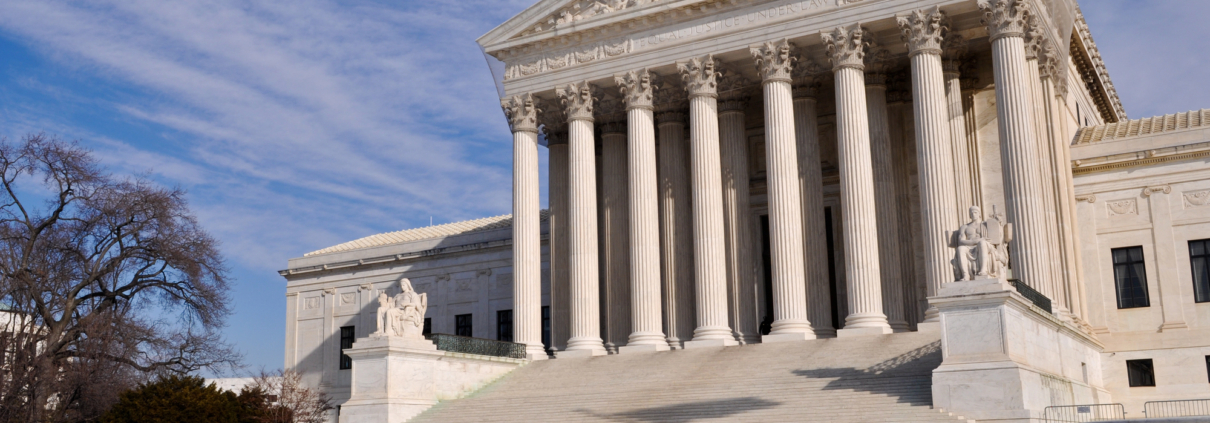The Supreme Court is preparing to hear a case with significant implications for digital access across the United States. At issue is whether rural, low-income communities should continue receiving federally subsidized internet access via the Universal Service Fund, or face potential disconnection if they cannot afford it. The decision will have widespread consequences, shaping the future of connectivity for millions of Americans.
The Universal Service Fund: A Critical Program at Risk
Established by the Federal Communications Commission (FCC) in the 1990s, the Universal Service Fund (USF) was designed to expand telecommunications infrastructure and provide affordable internet access to underserved populations. The program, financed through fees on telecommunications companies, supports schools, healthcare providers, libraries, and low-income households in rural areas.
The program’s funding mechanism, however, has come under legal scrutiny. Consumers’ Research, a conservative nonprofit organization, has challenged the USF, arguing that it violates the Constitution by improperly delegating Congress’s taxing authority to the FCC and the Universal Service Administrative Company, which manages the program.
A Legal Challenge with Broad Implications
In July, the U.S. Court of Appeals for the Fifth Circuit ruled in favor of Consumers’ Research, declaring the USF’s funding mechanism unconstitutional. Judge Andrew Oldham described the program as a “misbegotten tax” and contended that it unlawfully granted taxing authority to a regulatory agency and its private partner. The Supreme Court’s upcoming review will determine whether this decision stands, potentially dismantling a program that has provided crucial support for decades.
Communities Most at Risk
The potential elimination of the USF disproportionately affects rural and low-income areas—regions that have historically benefited from the program’s subsidies. Ironically, many of these communities align politically with conservative ideologies and were strongholds of support for former President Donald Trump in recent elections. For these households, federally subsidized internet access represents a lifeline to critical services, including education, telehealth, and economic opportunities.
The possible demise of the USF follows the recent expiration of the Affordable Connectivity Program (ACP), a $14.2 billion initiative funded through the bipartisan infrastructure bill. During its operation, the ACP provided internet subsidies to over 23 million households. Without renewed funding, the program ended earlier this year, leaving many Americans struggling to maintain online access.
FCC Leadership Advocates for the Program
FCC Chairwoman Jessica Rosenworcel has voiced strong support for the USF and emphasized its bipartisan legacy. “For decades, there has been broad, bipartisan support for the Universal Service Fund and the FCC programs that help communications reach the most rural and least-connected households,” Rosenworcel said in a statement. “I am hopeful that the Supreme Court will overturn the decision that put this vital system at risk.”
The Stakes for Rural Connectivity
While some legal analysts argue that the case brought by Consumers’ Research lacks strong precedent, the Supreme Court’s recent willingness to overturn long-established rulings leaves the program’s future uncertain. A decision against the USF could significantly curtail internet access in rural and low-income areas, exacerbating existing inequalities in education, healthcare, and economic participation.
The Supreme Court’s decision will not only affect immediate access to digital services but also set a precedent for how federal programs addressing connectivity and equity are funded. For millions of Americans, the stakes are high, and the outcomes of this case will reverberate far beyond the courtroom.
◼️




